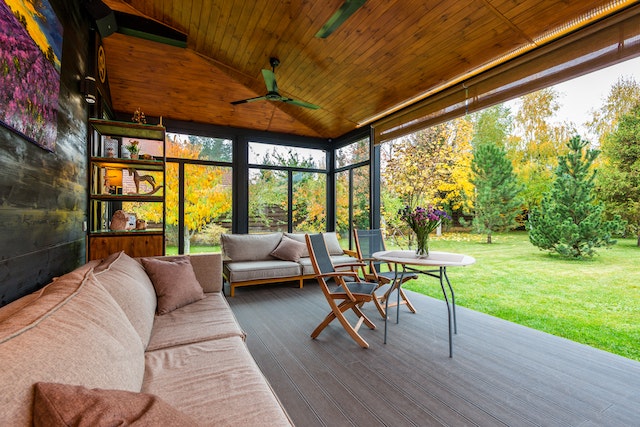It goes without saying that Australia is one of the world’s most desirable destinations, offering some of the best beaches, vast landscapes, and plentiful wildlife. Whether you’re a beach bum or an adventure seeker, there are countless reasons why investing in vacation property in the Land Down Under could be a great idea.
But before taking the plunge into real estate investments here, it’s important to understand all of the pros and cons that come along with it. Let’s take a closer look at what investing in vacation property in Australia looks like.
The Pros of Investing in Vacation Property in Australia
The primary benefit is the potential for additional income. By renting out your property on sites such as Airbnb or Stayz, you can earn money from your investment while enjoying a hassle-free experience. Renters often take care of basic maintenance tasks themselves, so you don’t have to worry about upkeep costs.
Plus, many Australians are looking to invest their money into holiday homes due to the country’s diverse climate and variety of activities available year-round; this means that demand is high even during off-peak seasons.
Another advantage of investing in vacation properties is that you can use them yourself when they’re not rented out. If you decide to make regular trips to Australia, you can enjoy your own home away from home rather than staying in a hotel. This way, you get all the comforts and convenience that come with having your own space but without having to pay for accommodation every time you visit.
The Drawbacks of Investing in Vacation Property in Australia
One downside of buying vacation rental property is that it requires considerable upfront capital and ongoing costs associated with owning a second home abroad – from mortgages and taxes to utility bills and insurance premiums – all of which can add up quickly if not managed properly.
It’s also important to note that real estate laws vary from state to state, so working with local real estate agents Bendigo may be beneficial when deciding on a particular location for investment purposes (as well as familiarising yourself with any regulations or tax implications associated with owning an overseas property before making any decisions).
In addition, depending on how much time you spend at the property yourself, it may not make sense financially if it’s only used occasionally by renters or only occupied by yourself part-time throughout the year. This means there may be long periods where no income is generated, which could put pressure on cash flow management plans over multiple years until returns start coming through.
Yay or Nay?
Investing in vacation rental properties abroad can offer plenty of opportunities for those willing to take on some risk upfront; however, it’s always best to do thorough research first before jumping into any big decisions involving real estate investments! Ultimately, if done right then investing in vacation properties abroad could prove lucrative – just remember to assess all the risks and never overlook any hidden costs associated with such endeavors. Good luck!

